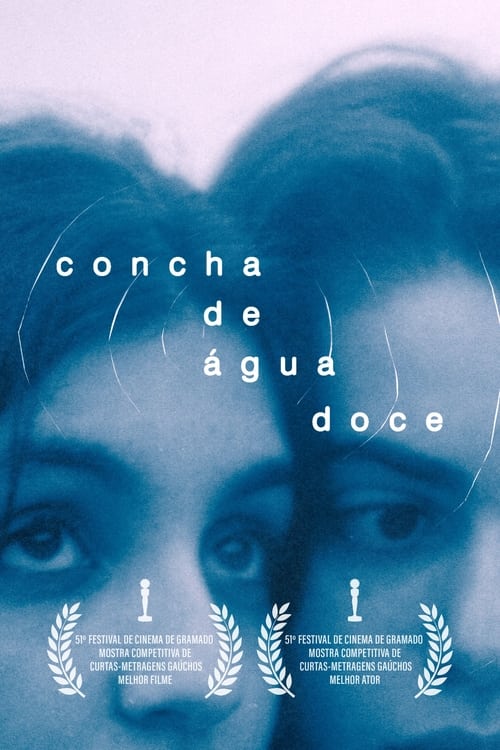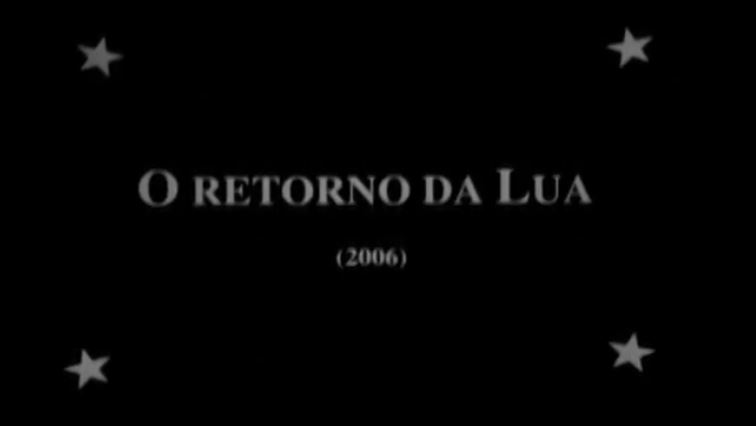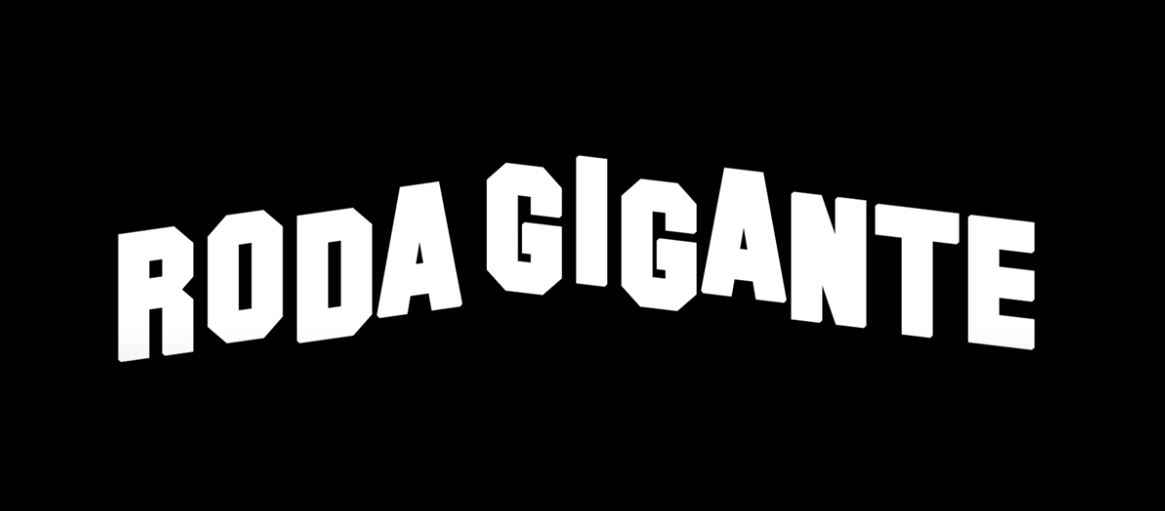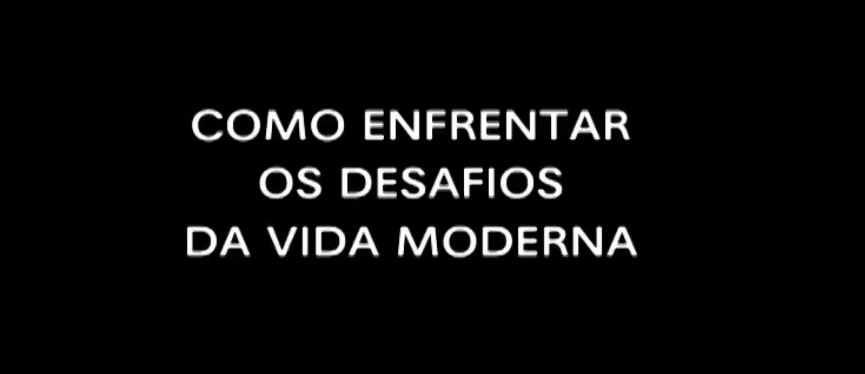PUC RS
Curators: Gustavo Boesing e Laryssa Dias dos Santos
In this opportunity to revisit and pay homage to the PUCRS collection, the exhibition begins with the Return of the Moon (2006), itself a tribute to the history of cinema: a movie inspired by the works of George Meliés. The short film reproduces with technical excellence the photographic and artistic resources used at the beginning of cinema, telling the story of a man’s search for his children, who lunatic aliens kidnapped. On the Moon, the sets and costumes are stunning, and the gimmicks and effects used in the characters, whose acting is surprisingly close to that of Meliés’ contemporary actors, are as elemental as they are fantastic. Reality and fantasy mix, as it seems to be an archival image, were it not for the narration.
The homage to the history of cinema is also the guiding thread in the next work, but now towards PUCRS’ collection. Como Enfrentar os Desafios da Vida Moderna (2005) is the collection’s first (and oldest) work, contrasting with the previous movie’s seriousness. Rebellion is replaced by the harshness of reality, at least from one perspective. Initially focused on a worker who moves from Santa Maria to Porto Alegre in search of a better life, it reflects on the loneliness of the capital and the dissatisfaction with adult life, given its unfounded promises. The “antiquity” of the work is ironic in light of its remarkable relevance today. However, the pessimism of the protagonist is contrasted with other dissonant, consonant, or divergent views. There is not only one way to face challenges, and in this plurality lies hope.
In contrast to the oldest work in the collection, there is another very recent one. Concha de Água Doce (2021) also presents a challenge of modern life, however, addressing even more contemporary issues. In this case, the movement is in the opposite direction: the protagonist goes from the capital city to a small town. Ariel returns to her seaside hometown with a new gender identity and must come to terms with her feelings when she meets her younger sister. Past and present conflicts are different but compatible: the need for understanding and acceptance.
Finally, Roda Gigante (2012), like the Ferris Wheel of the title, cycles back to start. It begins with a metalinguistic discussion about films, which in turn is about the short film itself. The work consists of a single, ambitious sequence that follows four groups of characters: a couple talking about the movie they just saw; a daughter being prevented from eating cotton candy by her mother; a trio of friends discussing their interests; and a drug-dealing clown. The collection, after all, is this multiplicity of stories brought together in one place (in this case, literally on one level) that together tell a single story.
The five short films deliberately contrast with each other, trying to reflect the diversity and richness of the content produced at PUCRS: the technical concern, the ambitious rebellion, the brutality of everyday life, the sensitivity of reality, the old and the new, the strange and the conventional; the little and the much. These stories are told from the perspective of different PUCRS students and inevitably portray Porto Alegre through three decades of the 20-year course. Such works, in their own way, pay homage to the history of the art of cinema, and such homage should be extended to these works themselves, which make up the precious collection of the university to which my colleagues and I belong.
Obras selecionadas
Como Enfrentar os Desafios da Vida Moderna, de Leonardo Maestrelli, 2006, 08min, PUCRS.
Sinopse: Jeremias conta sobre sua vida desde que se mudou para Porto Alegre, seu trabalho e suas saudades, relato que é contrastado por outras formas de enfrentar os desafios da vida moderna (não oficial).
Concha de Água Doce, de Lau Azevedo e João Pires, 2022, 11min, PUCRS.
Sinopse: Após anos vivendo na capital, Ariel retorna à sua cidade natal no litoral com uma nova identidade de gênero. Ele terá de lidar com todos os sentimentos que ficaram internalizados durante essa ausência, ao mesmo tempo que reencontra sua irmã mais nova, Ana.

O Retorno da Lua, de Tobias Vinínius Rodil, 2006, 10min, PUCRS.
Sinopse: Reconstitui minuciosamente a linguagem de George Méliès, o primeiro cineasta-artista da história do cinema. No começo do Século XX, Melissa, uma menina do subúrbio da cidade, fica sabendo de uma esplendorosa viagem de cientistas à Lua. Ela e seu irmão são raptados por extraterrestres e o pai, Georges, se vê obrigado a ir até a Lua para salvá-los.

Roda Gigante, de Julia Bath, 2012, 14min, PUCRS.
Sinopse: Paula e Rafael caminham. Camila quer algodão-doce. Marina, Leo e Cachaça esperam. O Palhaço não é engraçado. Em uma roda gigante de situações, todos se encontram no parque.


